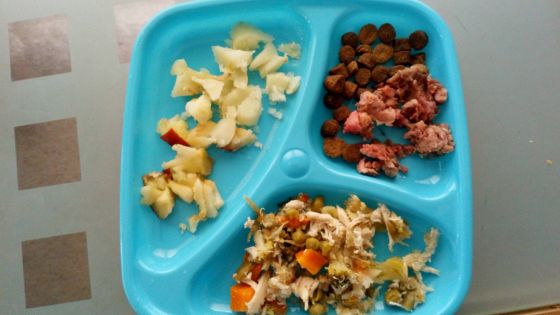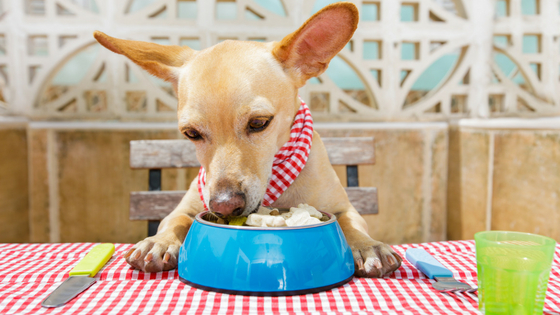As our furry companions age, their nutritional needs evolve. Providing proper nutrition is crucial to ensuring their health and well-being in their golden years.
In this introduction, we will discuss the essential aspects of senior dog nutrition to help you navigate this important stage in your pet’s life.
Understanding Senior Dog Nutrition
Senior dogs have unique dietary requirements that differ from those of younger dogs. As dogs age, their metabolism slows down, their activity levels decrease, and they may develop certain health conditions that require special dietary considerations. It’s important to adjust their diet to accommodate these changes and support their overall health.
Key Nutrients for Senior Dogs
Protein: Protein is essential for maintaining muscle mass and supporting organ function in senior dogs. Look for high-quality protein sources such as lean meats, fish, and eggs.
Healthy Fats: Omega-3 and Omega-6 fatty acids are beneficial for senior dogs’ skin, coat, and joint health. Consider adding sources of healthy fats like fish oil or flaxseed to their diet.
Fiber: Adequate fiber helps support digestion and prevent constipation in senior dogs. Incorporate fiber-rich ingredients like vegetables and whole grains into their meals.
Vitamins and Minerals: Senior dogs may benefit from supplements of vitamins such as A, D, and E, as well as minerals like calcium and phosphorus to support their overall health.
Special Considerations for Senior Dog Diets

Joint Health: Senior dogs are more prone to joint issues such as arthritis. Look for diets containing glucosamine and chondroitin to support joint health and mobility.
Weight Management: Aging dogs may experience weight gain or loss. Adjust their calorie intake accordingly and provide regular exercise to maintain a healthy weight. “How to Help Your Obese Senior Dog Lose Weight“
Dental Health: Dental issues are common in senior dogs. Choose dental-friendly diets or dental treats to promote oral health and hygiene.
Meal Planning for Senior Dogs
When planning meals for your senior dog, consider their specific nutritional needs and any health conditions they may have. Consult with your veterinarian or a canine nutritionist to create a customized diet plan that addresses your dog’s individual requirements.
There was a period when we were seeing a holistic vet. He created a diet specifically for my dog Red, based on her blood test results. It was super easy to prepare in large batches, I froze it in small containers and defrosted as needed.
Conclusion
Proper nutrition plays a vital role in supporting the health and vitality of senior dogs. By understanding their unique nutritional needs and making appropriate dietary adjustments, you can help your furry companion enjoy their golden years to the fullest. Remember to consult with your veterinarian or canine nutritionist for personalized guidance on senior dog nutrition.
If you’re looking for a community of senior dog parents, a place where you can find helpful tips, support and people who “get it” please join my FB group Senior Dog Care Club
I’ve been rescuing and caring for senior dogs since 2009. From vision and hearing loss to obesity, dementia, kidney disease, liver issues, cardiac problems, Cushing’s, mobility challenges and more, you could say I’ve dealt with and learned a lot! In addition to my hands on experience, I’ve taken many courses and earned several qualifications to keep learning how to help senior dogs and they include: Senior Dog Enrichment, Understanding Canine Anxiety (diploma), Care of the Senior Pet (certificate), Pet Bereavement Counsellor (diploma) and I’m a Certified Pet Loss Grief Support Coach.
